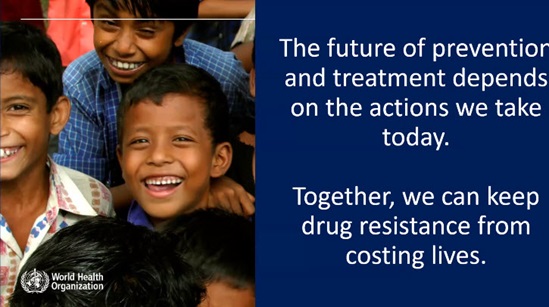The 2022 WHO AWaRe (Access, Watch, Reserve) antibiotic book is used to support antibiotic stewardship efforts globally. An online survey was used to obtain feedback on its content, format and suggestions for future updates. The survey was available in English, Spanish and French and open between 15 July to 15 September 2024.
A total of 301 responses were received, of which 81% (n=244) were from low- and middle-income countries (LMICs). The majority (n=282, 94%) of responses were recorded in English and approximately half (157/301, 52%) were health-care workers. Respondents indicated a reliance on multiple resources and guidelines for clinical decision support.
Clarity and format were generally well received with no major issues identified. Respondents expressed interest in making the book available in different formats and employing various methods such as colour coding and indexing to improve useability.
According to respondents, the most important topics to consider for addition to the book include targeted therapy for infections caused by Staphylococcus aureus (97%, 273/281), Escherichia coli (97%, 269/278) and Klebsiella pneumoniae (96%, 268/278), clinical management of surgical site infections (96%, 286/297) and healthcare-associated infections such as catheter-related bloodstream infections (95%, 265/279) and catheter-associated urinary tract infections (95%, 267/282).
The high ranking of most suggested additional content complicates the prioritization of new topics; however, this also indicates that these updates would be well-received. Updates to the book will be prioritised and completed based on the availability of resources.
Read more in the:


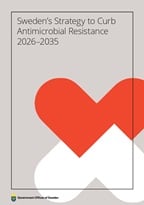
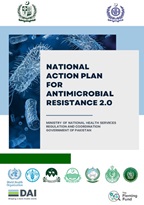
/amr-adgo-(ama)/iceland-nap-amr.tmb-144v.jpg?sfvrsn=d0c7211e_1)
/amr-adgo-(ama)/iceland-nap-amr-m-e.tmb-144v.jpg?sfvrsn=3ca0c62f_1)
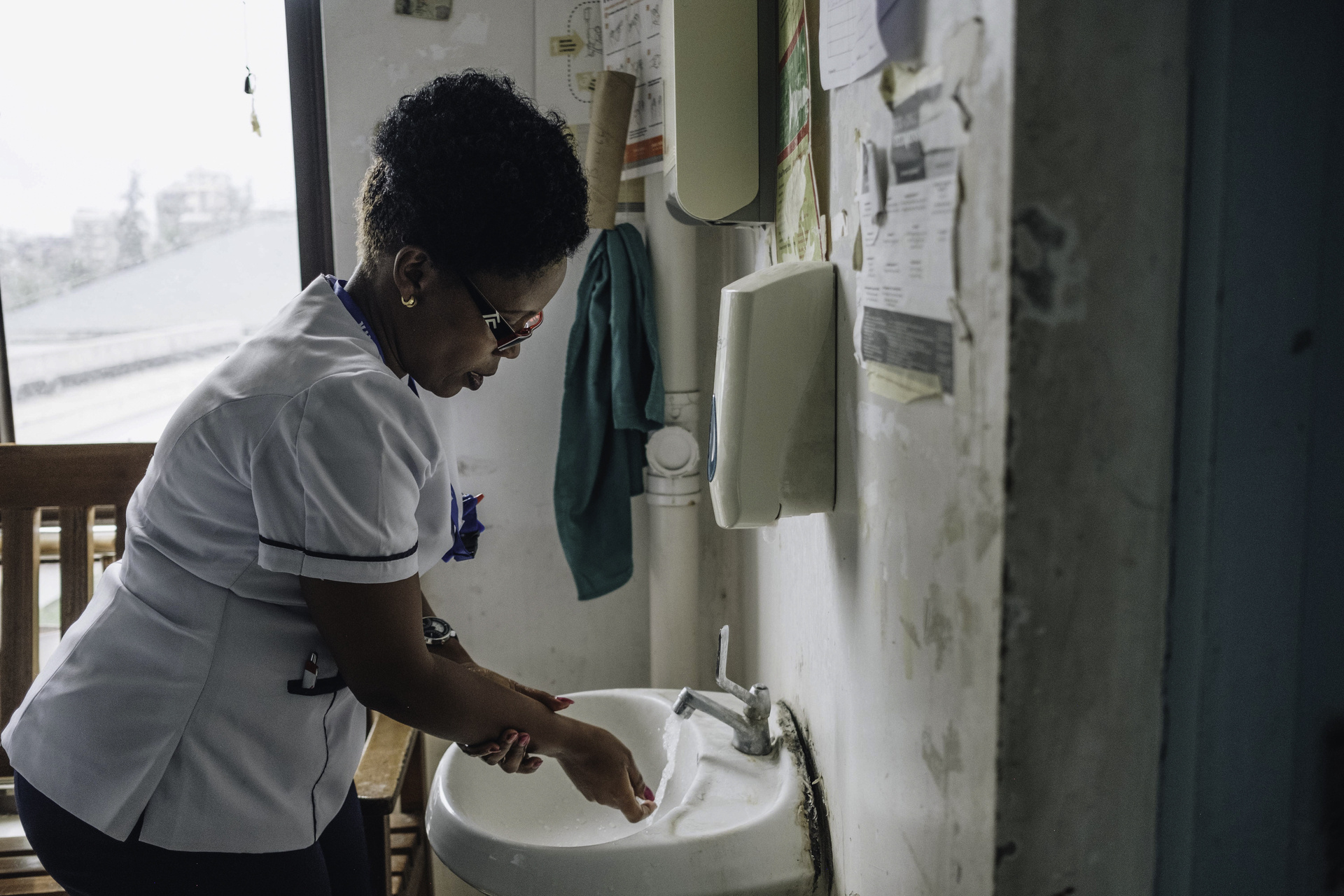

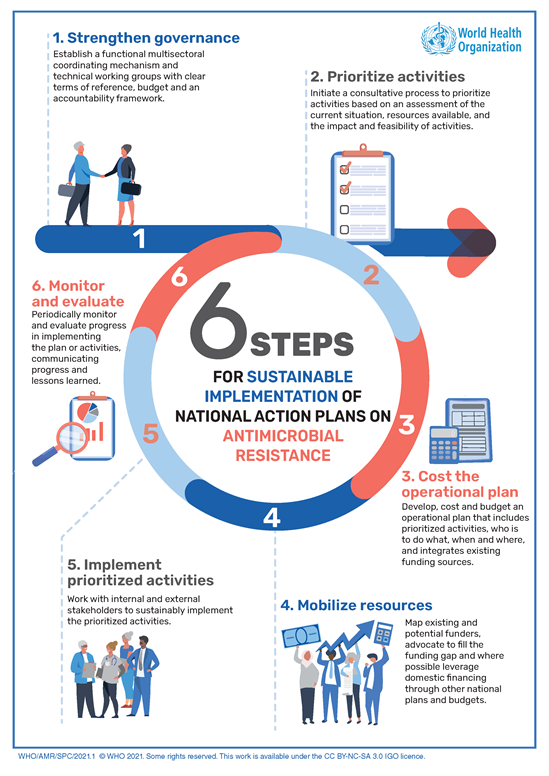
/who_2021_waaw_social_still_doctor_mother_child.tmb-549v.png?sfvrsn=cdb81c9b_2)


